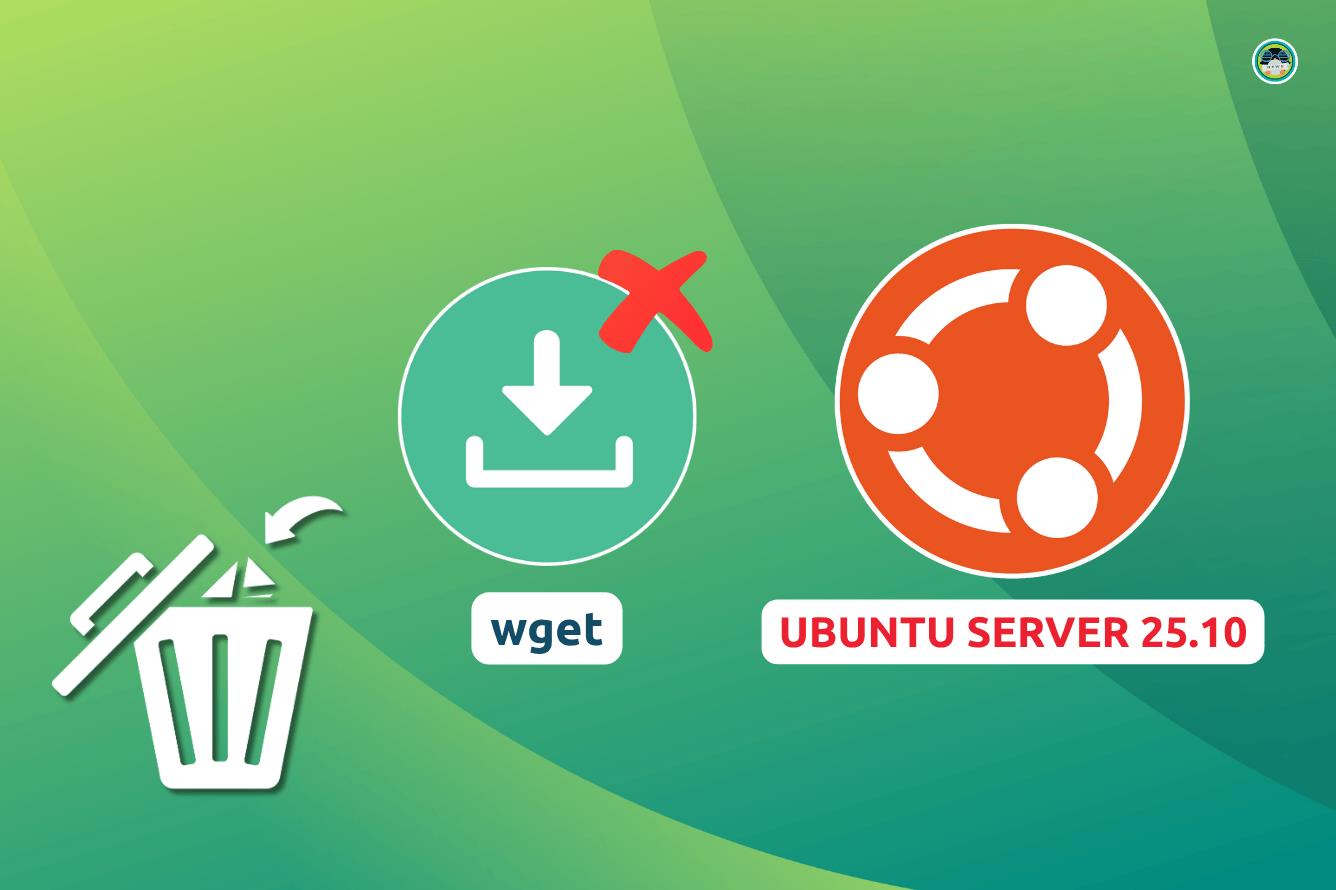
Ubuntu Server 25.10 Removes Wget In Favour Of Wcurl
Ubuntu Server 25.10 has made a significant change by removing wget from its default installation, opting instead for wcurl as the default command-line tool for web requests. This shift marks a departure from the long-standing reliance on wget, a tool that has been a core utility in Unix-like systems for decades. While some might view this as a technical evolution, it also raises questions about the future of well-established tools and the role of new alternatives.
The decision to exclude wget was made as part of Ubuntu's continuous effort to modernise and streamline its system. For those who are unfamiliar with wcurl, it is a relatively new tool built to integrate closely with the widely-used curl utility, offering similar functionality with a more consistent syntax and additional features. curl itself has been a staple in the world of web requests for many years, and wcurl aims to enhance its capabilities, making it more intuitive and efficient for users.
The reasons behind the move away from wget are multi-faceted. On one hand, the Ubuntu development team wants to standardise its toolset and promote the use of curl as the go-to command-line tool for web-related tasks. curl has grown in popularity due to its versatility and broad usage across various platforms and programming languages. It supports numerous protocols, including HTTP, FTP, and more, and is known for its robust and flexible functionality.
One of the key benefits of wcurl is its user-friendly syntax. Unlike wget, which often required complex flags and arguments for advanced operations, wcurl is designed to make common tasks simpler and more intuitive. This makes it an attractive option for both novice and advanced users. Additionally, the tool aims to improve performance when handling larger web requests, offering better speed and fewer resource demands in some scenarios.
See also Proton Lumo AI Offers New Private ChatGPT AlternativeDespite the advantages of wcurl, the removal of wget has not been without controversy. For many system administrators and developers who have relied on wget for years, the tool is seen as a familiar and reliable part of the Ubuntu ecosystem. It has been used in various automation scripts, backup systems, and other critical applications. The removal of wget from the default install could create friction for those who prefer its straightforward approach, especially in environments where legacy systems are prevalent.
Some users have expressed concern that the decision could disrupt workflows, as wget is deeply ingrained in many existing Ubuntu-based systems. While wcurl is available for installation through the package manager, the absence of wget by default may require additional configuration for certain use cases. The decision reflects the broader trend in the Linux community towards simplifying tools and reducing redundancy. However, critics argue that it comes at the cost of choice, potentially alienating users who prefer a more diverse set of utilities.
The Ubuntu team has stated that the shift towards wcurl is part of its goal to reduce maintenance overhead and ensure the long-term sustainability of its server environments. By consolidating tools and encouraging standardisation, Ubuntu aims to minimise technical debt and enhance the overall user experience. Yet, the impact of this change will likely be felt most in environments where wget was an integral part of the workflow.
Despite the growing push for newer and more integrated solutions, wget remains a widely respected tool in the open-source world. It has a long history of reliability and simplicity, making it a favourite for users who value its straightforward approach to downloading files and handling simple web requests. The tool's popularity is also due to its open-source nature, which allows users to modify and extend it to suit their specific needs.
See also Trailblazing Offline Map App Promises Privacy and Community Control Notice an issue? Arabian Post strives to deliver the most accurate and reliable information to its readers. If you believe you have identified an error or inconsistency in this article, please don't hesitate to contact our editorial team at editor[at]thearabianpost[dot]com . We are committed to promptly addressing any concerns and ensuring the highest level of journalistic integrity. Legal Disclaimer:
MENAFN provides the
information “as is” without warranty of any kind. We do not accept
any responsibility or liability for the accuracy, content, images,
videos, licenses, completeness, legality, or reliability of the information
contained in this article. If you have any complaints or copyright
issues related to this article, kindly contact the provider above.
Most popular stories
Market Research
- Thinkmarkets Adds Synthetic Indices To Its Product Offering
- Ethereum Startup Agoralend Opens Fresh Fundraise After Oversubscribed $300,000 Round.
- KOR Closes Series B Funding To Accelerate Global Growth
- Wise Wolves Corporation Launches Unified Brand To Power The Next Era Of Cross-Border Finance
- Lombard And Story Partner To Revolutionize Creator Economy Via Bitcoin-Backed Infrastructure
- FBS AI Assistant Helps Traders Skip Market Noise And Focus On Strategy




















Comments
No comment